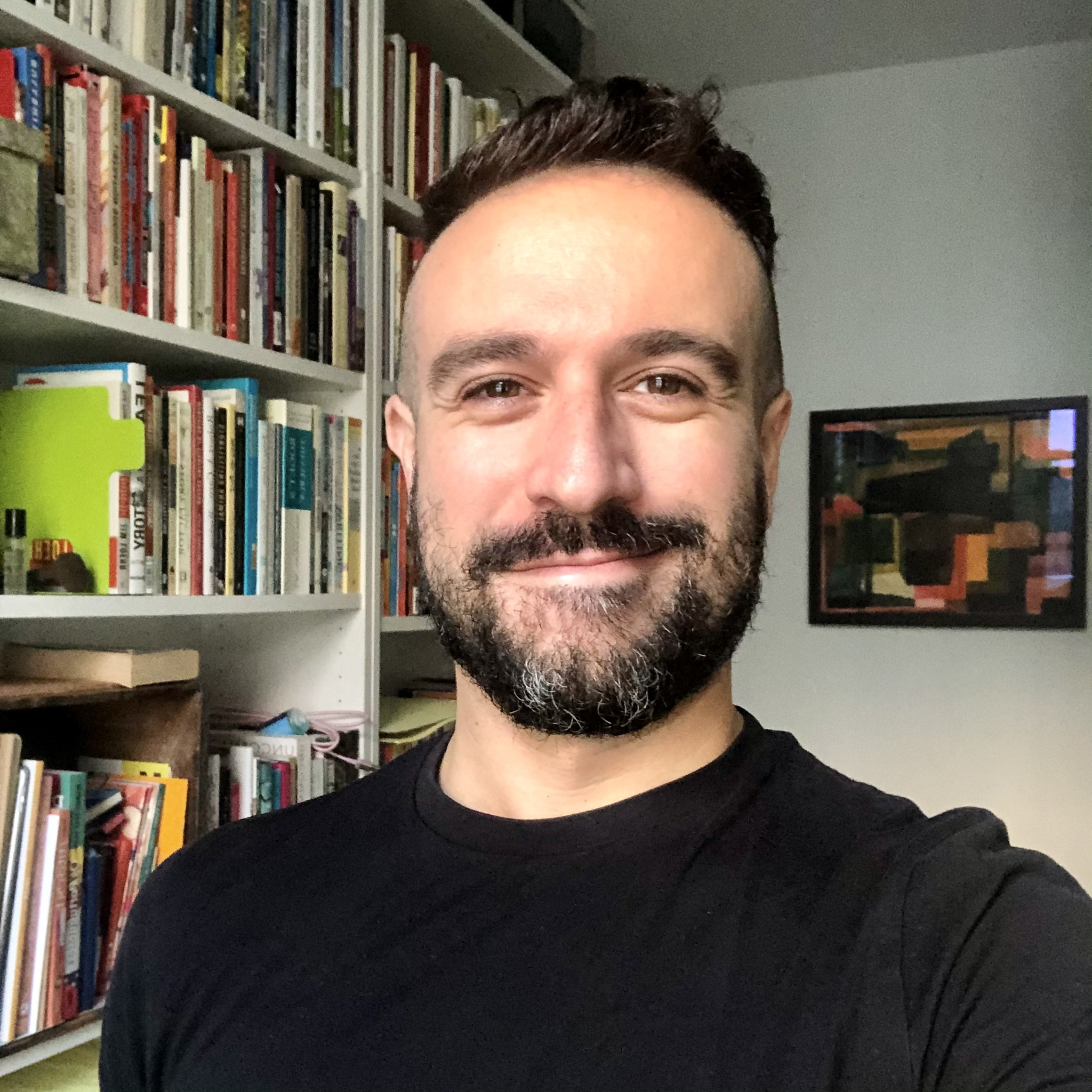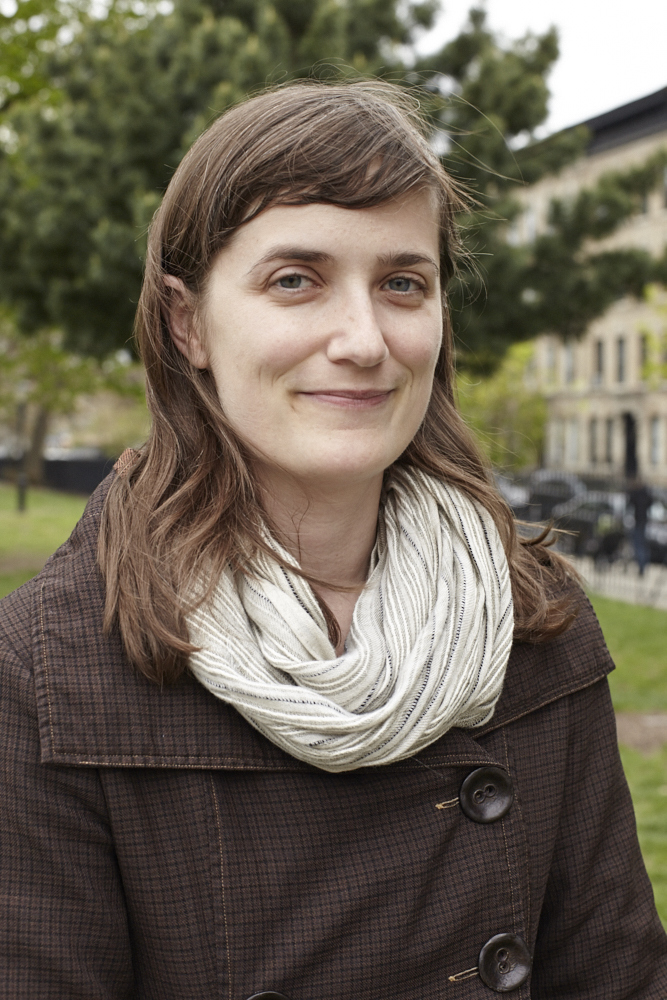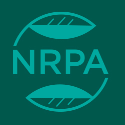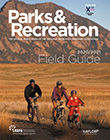
Finding and Fueling Innovation in Parks and Recreation
- Registration Closed
Innovation grows from practices that value experimentation and collaboration between the agencies and organizations working in parks and recreation. Yet many efforts to understand innovation emphasize products at the expense of processes. This talk reviews some core principles for fostering innovations in park and recreation management and introduces pragmatic research methods for revealing the connections that make innovation possible.
By the end of this talk, presenters will have:
-Discussed some essential “rules of thumb for innovation”
-Defined “social infrastructure” and described how it relates to innovation for park and recreation professionals
-Reviewed the role of public, private and nonprofit groups in caring for parks and providing recreation services to the public
-Named some of the ways networks foster and facilitate innovation
-Introduced STEW-MAP as a method for mapping stewardship groups and supporting innovation between groups
-Recommended methods of making innovation visible and more viable in open space stewardship

Philip Silva, PhD (he/him)
Director of Learning
National Recreation and Park Association
Philip Silva, Ph.D., has been working at the intersection of adult learning and environmental management for more than fifteen years. He is a certified practitioner of Dialogue Education and holds a doctoral degree in Natural Resources from Cornell University, where his research investigated knowledge production and management practices in urban environmental stewardship organizations. Philip lives in Brooklyn, NY.

Lindsay K. Campbell (she/her)
Research Social Scientist
USDA Forest Service - Northern Research Station
Lindsay K. Campbell is a research social scientist with the USDA Forest Service Northern Research Station, based at the New York City Urban Field Station (www.nrs.fs.fed.us/nyc). Her current research explores the dynamics of urban environmental governance, civic stewardship, and sustainability policymaking, with a particular focus on environmental justice issues. Dr. Campbell holds a BA in Public Policy from Princeton University, a Masters in City Planning from MIT, and a PhD in Geography from Rutgers University.


Engage With Us